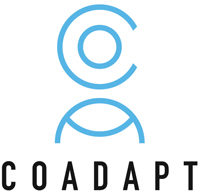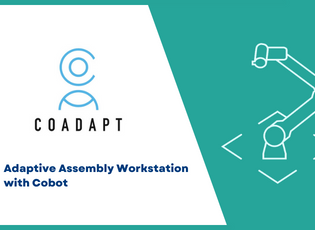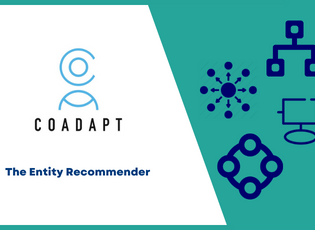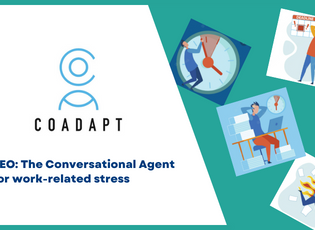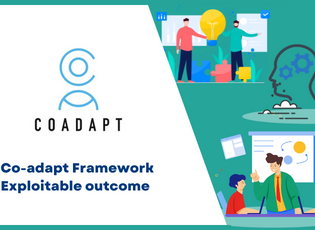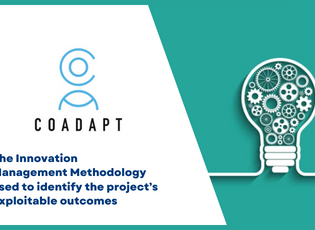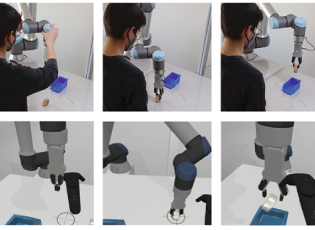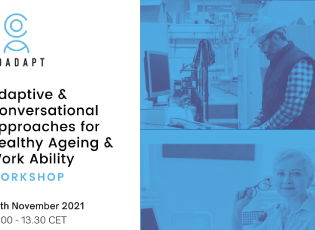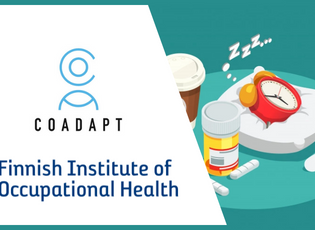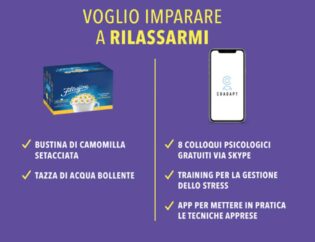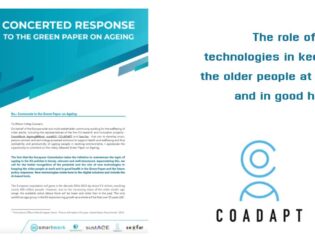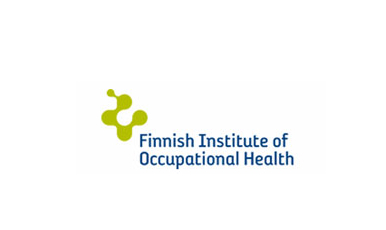
Our next episode on the series of interviews with the individual partners behind the COADAPT project is the Finnish Institute of Occupational Health, FIOH. Here are a more detailed involvement description and the vision of the individual members.
Finnish Institute of Occupational Health (FIOH) contributes to CO-ADAPT by working actively on aging and workability and development of technology-based applications to support the health of shift workers and employees with irregular working hours. The research group is especially interested in supporting aging employees´ workability and well-being at work through ergonomic working time solutions.
Finnish Institute of Occupational Health (FIOH) is a multidisciplinary research and specialist organization. FIOH aims at improving Finnish working life with focus areas workability and works careers, digitalization, transforming occupational health services, and small and middle-size enterprises and growth. FIOH carries out applied research and developmental projects and offers market-priced services to private and public organizations as well as training for occupational health and safety specialists, employers, and workers.
“Our innovation to get access to data, and to support true implementation of the research findings, is co-operation with the companies providing software to support work shift planning and payroll. Based on evidence-based research on the association of working hours, health and well-being, our recommendations and smart shift scheduling apps are now widely used in the Finnish health and social care.” Mikko Härmä, Project Lead, Research Professor, Finnish Institute of Occupational Health (FIOH)
“Our intervention on smart shift scheduling tools is really interesting and has advantage in using objective working hour data. I am especially interested to find out, whether using participatory working time scheduling will improve well-being at work and support work ability among ageing employees.” Kati Karhula, Specialist Researcher, Finnish Institute of Occupational Health (FIOH)
“Analysing pay-roll data is always a pleasant challenge regardless of the substance, processing and managing. When we study the effects of working hours on health and well-being, analyses become very meaningful” Aki Koskinen, Senior Specialist, Finnish Institute of Occupational Health (FIOH)
“The objective working our data from the Digital shift scheduling software Titania® enables us to investigate associations between shift work patterns and short sickness absences. This will be valuable for worktime planning in order to support ageing employees’ health and wellbeing” Adjunct Professor, Finnish Institute of Occupational Health (FIOH)
“We all live in aging societies headed to labor shortage, especially in health care. Smart shift scheduling may prove to be effective tool in enhancing labor supply in different age cohorts. Potential pathways include decrease in sickness absences, increase in (voluntary) part-time jobs, continuing to work after retirement age and so on. By studying the effects of scheduling on actual working hours we are part of the solution in search for European welfare and health in future.”
Jarno Turunen, Senior Specialist, Finnish Institute of Occupational Health (FIOH)
